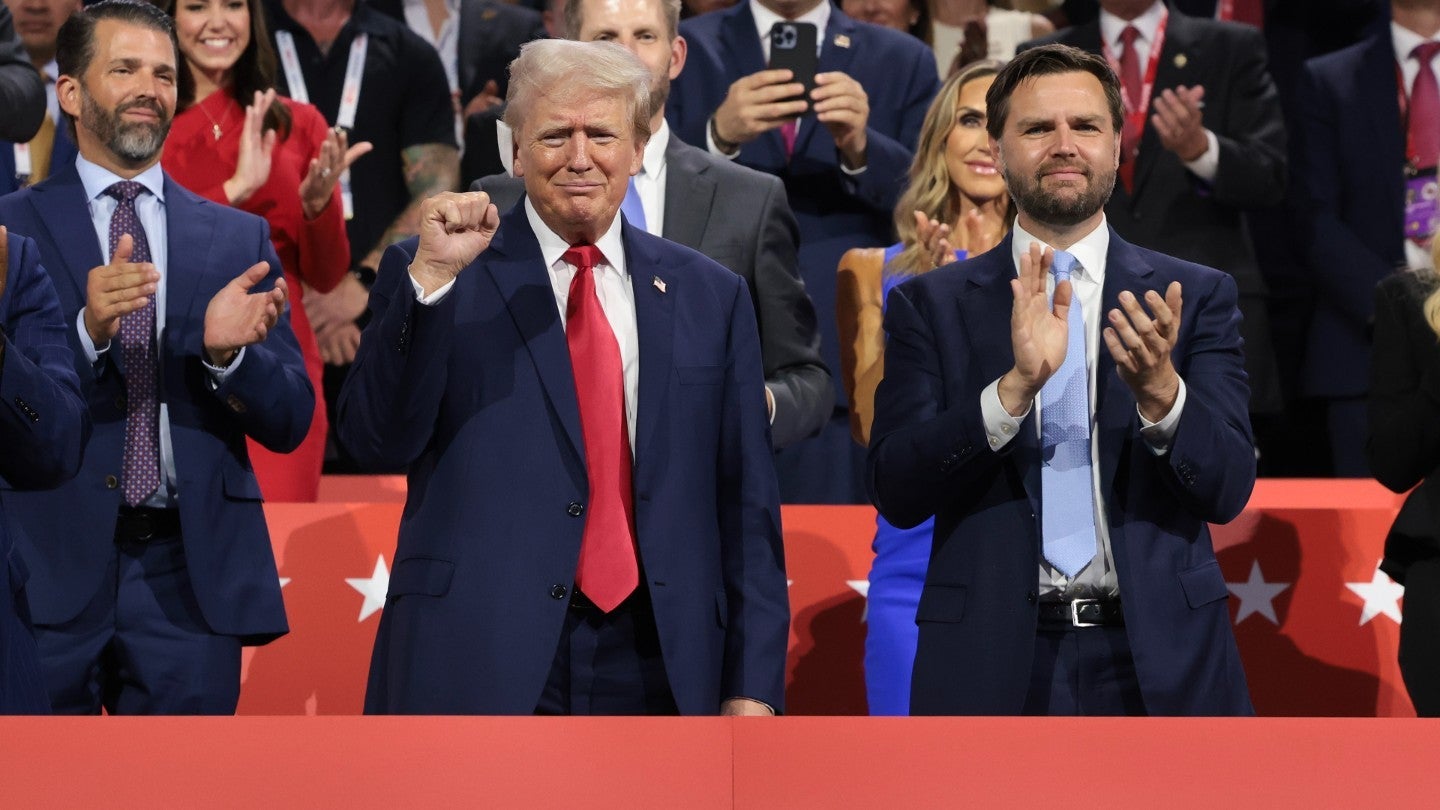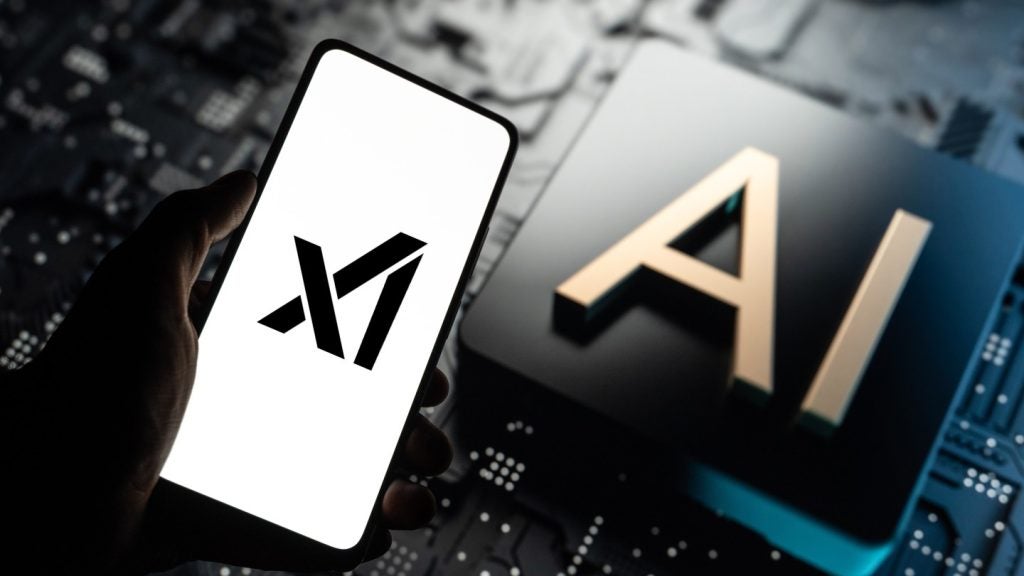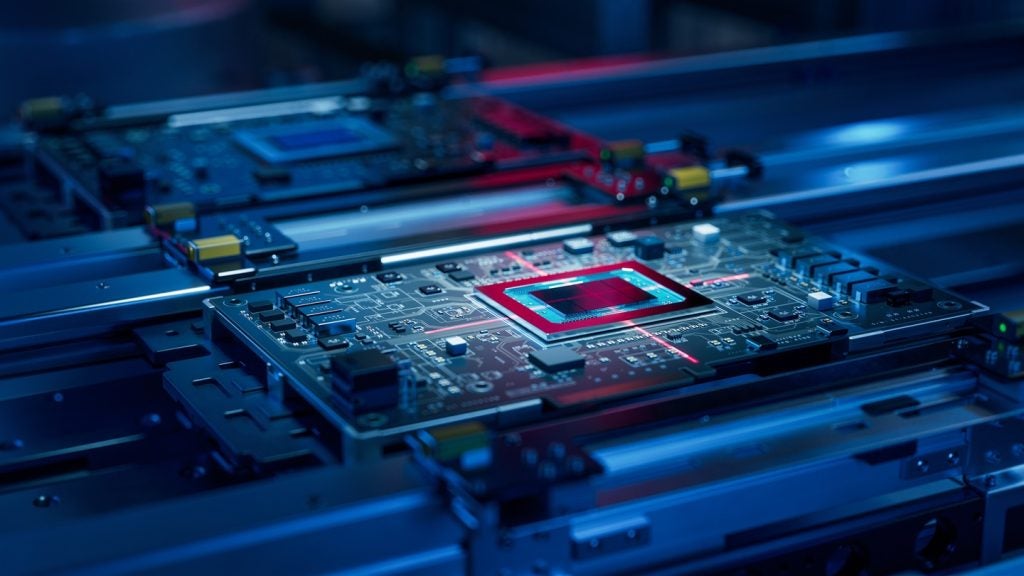
After one of the most fiercely fought and polarising presidential elections in US history, a Trump presidency is assured. Markets have reacted strongly and positively to a Trump win as tax cuts and light-touch regulation election pledges become almost certain. The technology industry has, historically, been left-leaning with a strong libertarian streak, of which the main tenets of anti-establishment rhetoric and small government policy have evolved into a new beast: Silicon Valley tech leaders for Trump.
Veteran investor and PayPal entrepreneur Peter Thiel’s patronage of JD Vance has created a direct line between Silicon Valley and the White House. Tech leaders, including Elon Musk, acting as Trump surrogates on the campaign trail have guaranteed themselves the ear of the next president. But the outcome of this coalition between a handful of Silicon Valley individuals with unchecked power, and the leader of the free world remains to be seen.
What we do know is that Big Tech tax breaks are a certainty. A second Trump presidency will see economic policy focused on extending the business tax cuts of his first presidency. In 2017, the first Trump administration cut business tax from 35% to 21%, with a further cut to 15% expected during a second Trump administration. However, political economy research firm TS Lombard noted in its US Election Executive briefing that Trump has wavered on this commitment to a 15% rate given the growing US fiscal deficit.
While Trump has pledged to reduce the cost of running the administrative state – even alluding to a new efficiency tsar Elon Musk – he will work to centralise the powers of independent federal agencies including the FTC which will have implications for international and domestic trade, as well as foreign investment.
UK fintech DECTA’s CEO Scott Dawson said: “A second Trump term means a change of leadership at major regulation and enforcement bodies like the FTC, with an emphasis on getting rid of regulations. It’s likely that we’ll see the granting of new banking charters, and, with a general lack of effective regulation, it’s a certainty that low-quality players are going to enter the market. This could mean increased competition, or it could mean a race to the bottom.”
Greater executive powers over government agencies will give Trump a clear path to doubling down on protectionist trade policies and indulge his obsession with trade tariffs. Trump has proposed a baseline 10-20% global import tariff and a 60%, or higher, tariff on Chinese imports.
How well do you really know your competitors?
Access the most comprehensive Company Profiles on the market, powered by GlobalData. Save hours of research. Gain competitive edge.

Thank you!
Your download email will arrive shortly
Not ready to buy yet? Download a free sample
We are confident about the unique quality of our Company Profiles. However, we want you to make the most beneficial decision for your business, so we offer a free sample that you can download by submitting the below form
By GlobalDataBiden Administration trade policy on ‘foundational’ technologies that impact national security and the semiconductor industry, in particular, will likely continue. Tariffs on semiconductors, AI, electric vehicles (EVs), solar, and battery markets, including a 100% duty on Chinese EVs, 50% on solar cells, and 25% on steel, aluminum, and EV batteries announced in May are likely to extend further to other industries under a new Trump presidency. The semiconductor global supply chain, in particular, may be adversely impacted by a second Trump administration.
Russ Shaw CBE, founder of technology industry group, Global Tech Advocates said: “Looking ahead, several key areas face potential disruption. In the semiconductor space, Trump’s policies could hinder global supply chains, which many UK firms rely on for cutting-edge technology.
“Trump has indicated that he may not follow through with investment commitments of the Chips Act, and any shift in US policy could have a far-reaching impact, limiting collaboration and access to essential chips components.”
Trump’s climate change position will mean a likely withdrawal from global climate initiatives. The clean energy and cleantech market has become highly politicised and partisan. Within the domestic cleantech market a Trump win will likely see a move towards clean energy modalities that are traditionally championed by Republicans such as clean hydrogen, CCS, geothermal and above all nuclear.
Along with Trump tariffs and increased vetting of foreign investment, a Trump administration may double-down on the trend for nearshoring within the technology industry and prioritise nearshoring.
The east west tech war and US-China decoupling will certainly continue with the bifurcation of global supply chains only becoming more pronounced. For the technology industry this means that the deep and established ties with the Chinese technology industry, amid an ongoing tech war, will continue to unravel.
Bitcoin surged to a record high of $75,060 on 4 November fueled investor confidence in the cryptocurrency space at the prospect of a Trump presidency.
Nigel Green, CEO of financial and asset management firm, deVere Group, said:
“Trump’s open support of cryptocurrency has triggered this surge, as many investors anticipate that a Trump victory would clear the path for mainstream adoption and regulation that is both favorable and necessary for Bitcoin’s continued growth,” explained Green.
“Also, public backing from influential figures in the crypto world has given Trump’s campaign substantial credibility among tech investors. This pro-crypto narrative could pave the way for regulatory clarity, bolstering institutional investments that could send Bitcoin to unprecedented heights.”
Election furor will likely extend a while longer but the technology industry will be facing a new reality on some fronts including tax breaks and changes in greentech investment, as well as a continuation of macroeconomic trends such as US China decoupling.
A broader view from the US technology industry, now that the election is over, is that companies can now get back to the business of technology development. Netskope global CIO Mike Anderson said: “With the voting complete, and even with ongoing uncertainty about how the winning party will soon govern, a calmer tone will enable businesses to move forward with strategic plans and investments.”







